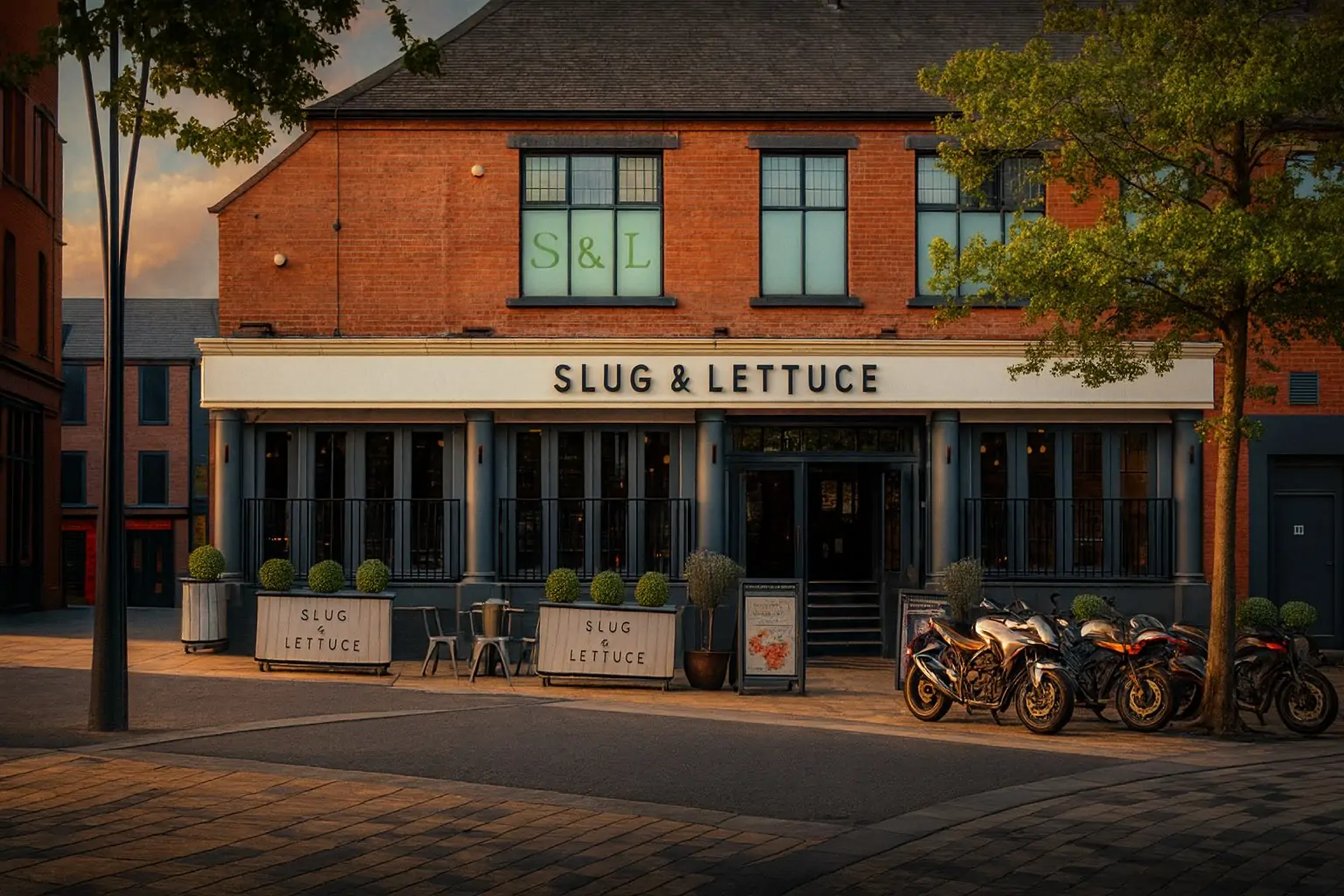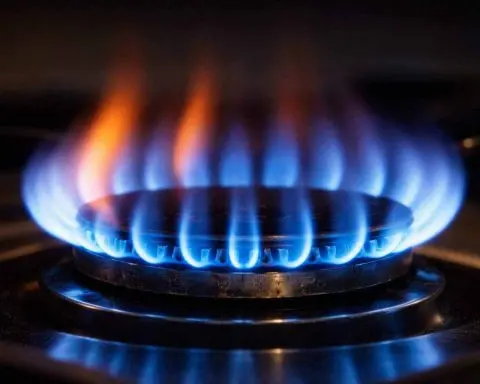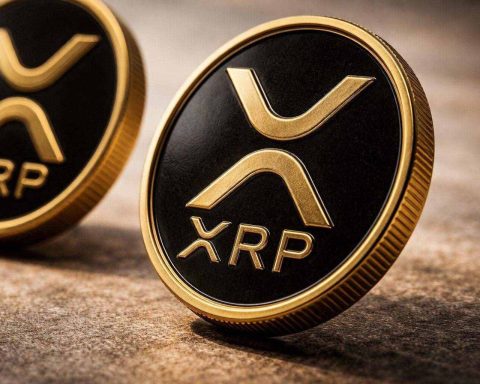Britain’s biggest pub group, Stonegate, is drawing up plans for a £1 billion sale of more than 1,000 pubs as it battles a debt pile of over £3 billion, in one of the largest UK pub disposals in years. The move, reported on Sunday 16 November 2025, would see the Slug & Lettuce and Be At One owner sell roughly a quarter of its estate to cut borrowing and shore up its balance sheet. SSBCrack News+3The Independent+3LBC+3
The proposed deal centres on Stonegate’s so‑called “platinum” collection – 1,034 of its strongest, largely freehold pubs – and comes just months before a key debt restriction lifts in January 2026, opening the door to a sale. propelinfonews.com+4The Independent+4Busin…
What exactly is Stonegate planning?
According to multiple reports on 16 November, Stonegate has been in talks with advisers about selling around 1,000 pubs, with a price tag of up to £1 billion. The Times+3The Independent+3LBC+3
Key details emerging so far:
- Scale of the sale – Around 1,034 pubs are in play, equivalent to almost a quarter of Stonegate’s roughly 4,300‑strong estate across the UK. SSBCrack News+3The Independent+3LBC+3
- The “platinum” estate – These pubs are described internally as Stonegate’s platinum collection: high‑quality, freehold sites that generate strong cash flow and are viewed as prime assets by potential buyers. Business Matters+2Beer Today+2
- Locations – The pubs are spread across England and Wales, with no platinum sites in Scotland, according to one detailed report. SSBCrack News
- Buyer interest – Private equity firms, real‑estate funds and long‑income investors are expected to circle, attracted by the scale of the portfolio and its stable earnings base. Business Matters+1
Crucially, this is not a fire‑sale of distressed back‑street boozers. The platinum estate is believed to generate around £90 million in annual EBITDA, underlining why it is expected to command a premium valuation even as Stonegate itself wrestles with heavy borrowing. Business Matters+1
Executives are reported to be weighing up whether to sell the pubs in large regional chunks or multiple sizeable packages, rather than attempting a single, all‑or‑nothing deal. The Independent+2Business Matters+2
How did Stonegate end up with £3bn of debt?
Stonegate’s growth story over the past 15 years has been built on aggressive acquisitions backed by private‑equity owner TDR Capital. The group was created in 2010 when TDR bought 333 pubs from Mitchells & Butlers, and then expanded relentlessly, most notably with the 2019 takeover of Ei Group, which transformed Stonegate into Britain’s largest pub landlord. Business Matters+2propelinfonews.com+2
That Ei deal also loaded the company with debt of roughly £3 billion, just months before COVID lockdowns shut pubs nationwide. While trade has since recovered, the combination of:
- sharply higher interest rates,
- surging energy and food costs,
- and rising wage and tax burdens
has made that debt far harder to service. MorningAdvertiser.co.uk+3Business Matters+…
Recent numbers underline the strain:
- Annual revenue of around £1.7 billion in the year to late September 2024;
- Finance costs of roughly £455 million over the same period;
- A loss of about £214 million for the year. Business Matters+2SSBCrack News+2
In August 2025, ratings agency Fitch cut Stonegate’s credit rating to CCC+, citing concerns about its ability to meet future debt repayments despite earlier refinancing moves. Business Matters+2SSBCrack News+2
Against that backdrop, monetising part of the estate – especially its best‑performing pubs – has become a powerful lever to reduce borrowing and reset the balance sheet.
The Apollo loan, the platinum pubs and the January 2026 window
The current sale plan can’t really be understood without going back to a key financing deal in December 2023.
At that point, Stonegate securitised the platinum estate, raising about £638 million from US private‑equity giant Apollo Global Management and carving the 1,034 pubs into a standalone vehicle. propelinfonews.com+2drinksint.com+2
That deal:
- provided short‑term breathing space for the wider group,
- ring‑fenced the platinum pubs from some of Stonegate’s other creditors, and
- locked in a non‑call period – effectively preventing Stonegate from selling or refinancing the pubs for a set time. propelinfonews.com+3Business Matters+3The …
That non‑call period is due to expire in January 2026. According to reports, Stonegate’s leadership is now reassessing its options ahead of that date – including a large‑scale disposal once the restrictions lift. The Times+3The Independent+3LBC+3
In effect, the Apollo financing laid the groundwork for today’s potential sale: it created a clean, fully‑owned portfolio that can now be sold in one go or split into attractive blocks without dragging the rest of Stonegate’s sprawling estate into the process.
Refinancing moves – but pressure persists
The planned sell‑off also follows a significant refinancing package completed in mid‑2024, which saw Stonegate:
- agree new terms with bondholders,
- refinance major chunks of debt coming due in 2025, and
- secure a £250 million equity injection from TDR Capital. drinksint.com+2MorningAdvertiser.co.uk+2
Chief executive David McDowall hailed that deal as giving the group “confidence and certainty” to focus on performance rather than survival, and trading has improved in parts of the business. drinksint.com+2MorningAdvertiser.co.uk+2
But the numbers show refinancing alone has not solved the structural challenge of running a heavily leveraged, energy‑hungry, labour‑intensive estate in a cost‑of‑living crisis. Selling the platinum pubs is now being positioned as the next logical step in a broader turnaround plan.
A transformation strategy: fewer managed pubs, more partners
McDowall, who took the helm in 2023 after a senior role at BrewDog, has been pushing a wider transformation strategy across the estate.
Key planks of that strategy include:
- Shifting away from a large managed estate and towards leased, tenanted and operator‑led formats;
- Partnering with local entrepreneurs under brands such as Craft Union;
- Targeted investment in high‑performing concepts like Slug & Lettuce to drive returns. caterlyst.com+4MorningAdvertiser.co.uk+4pu…
By late August 2025, Stonegate had:
- Converted 200 managed pubs into leased and operator‑run models over two years;
- Cut its managed estate from about 800 sites to 550;
- Reported an average profit uplift of around £110,000 per converted pub. MorningAdvertiser.co.uk+2pubandbar.com+2
McDowall has described the strategy as about “positioning every pub for long‑term success”, arguing that customers increasingly care more about the people behind the bar than the name over the door. MorningAdvertiser.co.uk+2pubandbar.com+2
The company has also been quietly pruning the estate. In September 2025, Savills was instructed to market 23 free‑of‑tie pub investments across England, available individually or in small packages – a sign that disposals were already under way before this latest, much larger planned sale emerged. CoStar+1
At the same time, Stonegate has continued to invest in key brands: more than £6.5 million has been ploughed into Slug & Lettuce refurbishments over the past 18 months, including sites in Lincoln, Newcastle, Wolverhampton and Liverpool. MorningAdvertiser.co.uk+1
Are pubs about to close – or just change hands?
One of the biggest questions drinkers and communities will ask is simple: “Will my local close?”
So far, reports around the 1,000‑pub sell‑off point to a sale of going‑concern pubs, not a mass shutdown. Stonegate has continued to tell media that venues remain open and trading, and that no immediate closures are planned as a result of the review. SSBCrack News+3The Sun+3LBC+3
However, even a sale without closures can have real‑world consequences:
- New owners may rebrand sites, change menus, refurbish, or in time decide to redevelop or repurpose certain properties.
- Staff could transfer to new employers under TUPE rules, but longer‑term job security will depend on how the pubs perform under new management.
- Communities that rely on a local pub as a social hub may see changes in pricing, offer or atmosphere as strategies shift.
Stonegate has already been battling public criticism this year after announcing beer price rises at some venues, citing higher operational costs and government‑driven increases in National Insurance and the minimum wage. The Scottish Sun+1
Earlier in 2025, reports also suggested the company was examining head‑office job cuts as part of its cost‑saving drive, underscoring that the restructuring is not confined to the property portfolio. caterlyst.com+1
A pivotal moment for UK pubs – and private equity
Stonegate’s move comes amid a turbulent period for the UK hospitality sector more broadly:
- Oakman Inns fell into administration in July, closing or selling sites and shedding jobs. Yahoo News+1
- BrewDog announced the closure of 10 bars over the summer, despite strong brand recognition, blaming unviable costs at certain locations. The Guardian
- Industry groups warn that without tax and VAT relief, the sector could see a steady drumbeat of closures as energy, food and wage bills continue to rise. Moore Kingston Smith+2UKHospitality+2
In that context, Stonegate’s proposed sale is both a symptom and a test case:
- It shows how debt‑fuelled expansion during the era of cheap money has become a millstone now that interest rates are higher.
- It could reset pricing benchmarks for pub assets across the country if a £1 billion platinum portfolio changes hands.
- It will likely intensify the debate over the role of private equity in essential high‑street assets – from pubs to supermarkets – given TDR Capital also co‑owns Asda. Business Matters+2LBC+2
Investors may welcome the chance to acquire high‑quality, freehold pubs in scale. But campaigners and local councils will be watching closely to see whether new owners commit to keeping sites as pubs, or ultimately steer them towards more lucrative alternative uses such as housing or retail.
What happens next?
For now, Stonegate has not publicly launched a formal sale process or named advisers, and it has declined to comment in detail beyond acknowledging its ongoing work to improve the balance sheet. The Independent+2SSBCrack News+2
Based on what is known, the likely next steps look something like this:
- Mandating advisers
Stonegate’s leadership will formally hire investment bankers and property advisers to structure and market the platinum estate, if they have not already done so behind the scenes. - Designing the sale structure
Options include:- selling the platinum estate as a single portfolio;
- dividing it into several large regional or thematic packages; or
- a combination of anchor portfolios plus smaller one‑off disposals. The Independent+2Business Matters+2
- Kicking off marketing around or after January 2026
With the Apollo non‑call period ending in January, a sale window is expected to open in early 2026, though there is nothing to stop preliminary talks starting sooner. SSBCrack News+3The Independent+3Business M… - Regulatory and competition checks
If rival pub groups or major property players make a move for a large slice of the portfolio, competition regulators may take an interest, especially in local areas where market share would become concentrated. - Ongoing lobbying on tax and VAT
In a speech just days before the sale reports emerged, McDowall urged the Government to cut VAT on hospitality, calling the ask not “pleading” but “economic sense”. pubandbar.com+2propelinfonews.com+2
The outcome of those Budget debates will directly influence how attractive pub assets look to buyers.
What it means if you’re a customer, worker or landlord
- Customers – In the short term, your local Slug & Lettuce, Yates or neighbourhood Stonegate pub is likely to keep trading as normal. If it ends up in the platinum portfolio and is sold, you may see gradual changes in branding, pricing or offer rather than an overnight shutdown.
- Staff – For pub‑level teams, employment rights are typically protected when businesses are sold, but future staffing levels, pay and investment will depend on new owners’ strategies. Head‑office roles may face more uncertainty as Stonegate continues to streamline. caterlyst.com+2MorningAdvertiser.co.uk+2
- Landlords and local authorities – Those with Stonegate as tenant or operator will want clarity on whether their properties fall within the platinum estate and who any new landlord might be. Councils, in particular, will be balancing the importance of thriving pubs against housing and commercial development pressures.
The bottom line
Stonegate’s planned £1 billion sale of around 1,000 pubs is a defining moment for the UK’s pub landscape. If it goes ahead, ownership of some of the country’s best‑known high‑street and community venues will shift from one private‑equity‑backed giant to a new wave of investors.
For now, punters can still book their Christmas parties and Sunday roasts as usual. But behind the bar, Britain’s biggest pub landlord is preparing to redraw the map of who owns – and profits from – thousands of nights out.









